Fieldwork
This listing expired on May 4, 2020. Please contact scarlett@mtu.edu for any updated information.
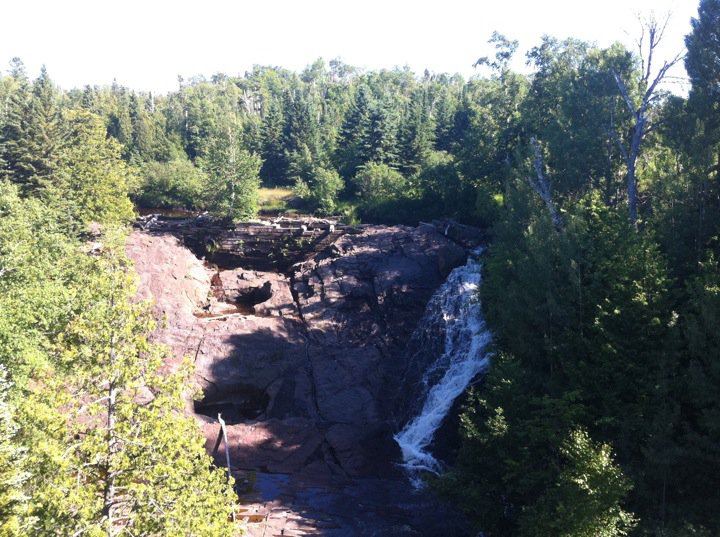
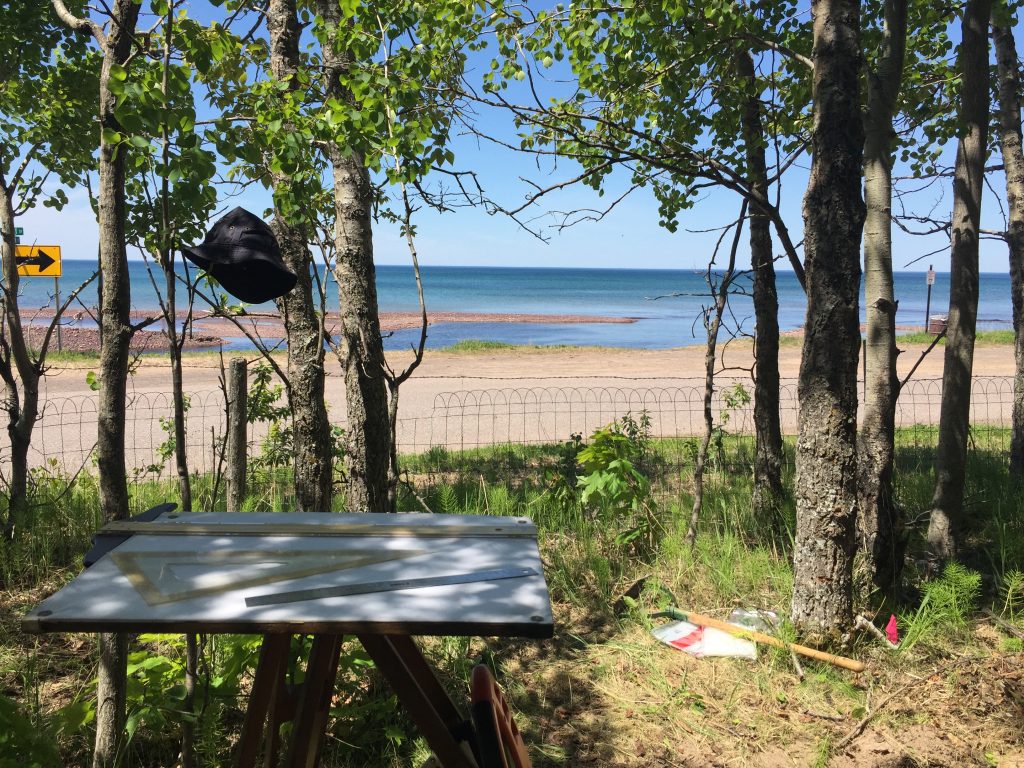
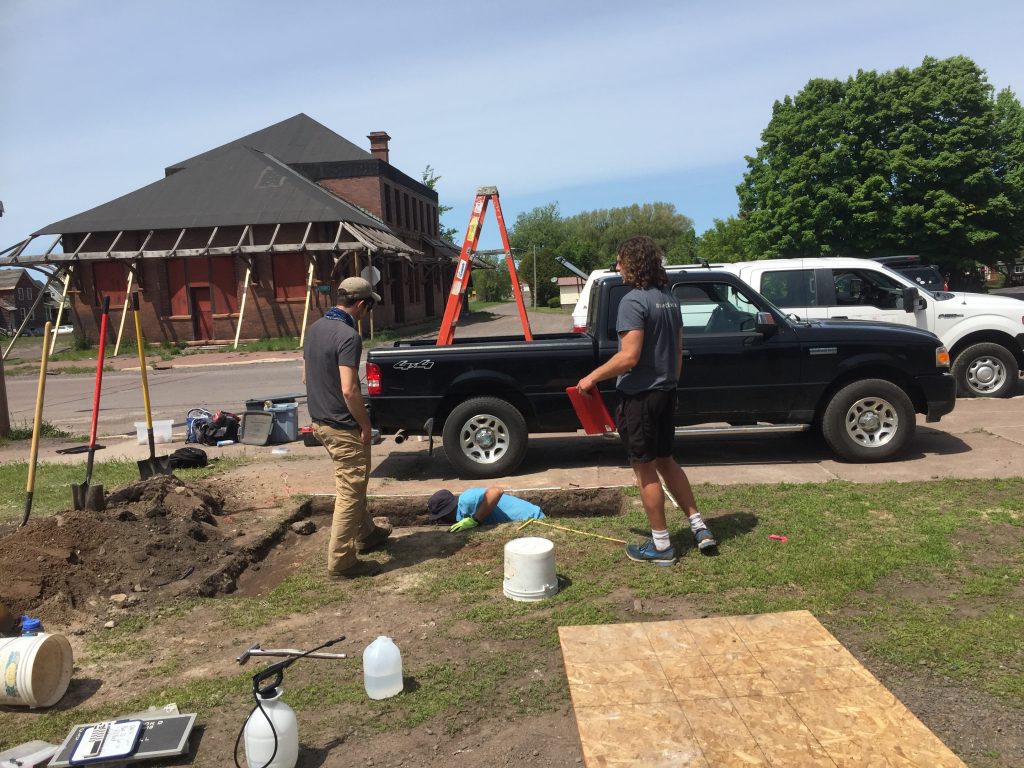
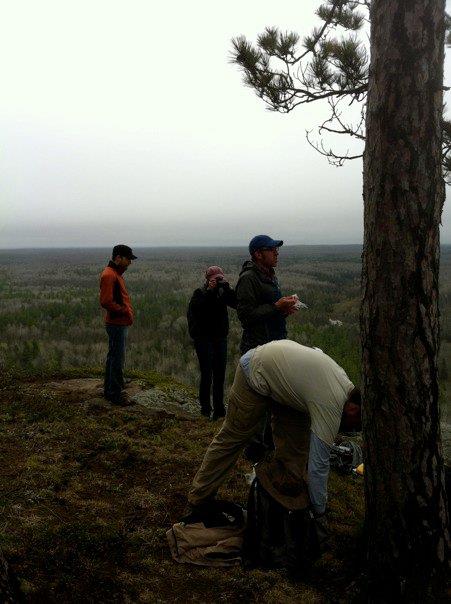

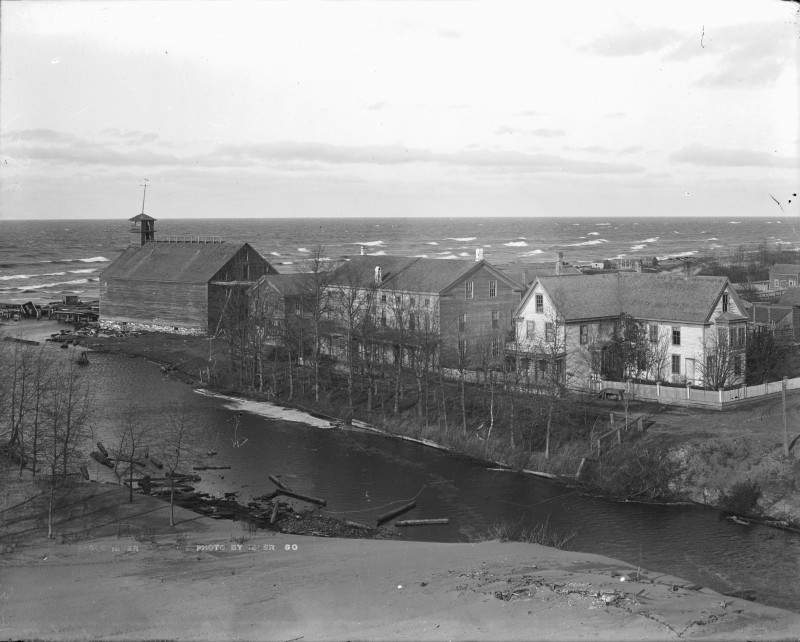
Location: Mont Ripley Ski Area, Royce Road, Ripley, MI 49930, USA
Season: June 29, 2020 to August 13, 2020
Session Dates: ***COVID19 UPDATE: This field school will run, but the number of enrollees will be kept low to allow social-distancing requirements during fieldwork. Due to Coronavirus, the original dates have been changed from May 11-June 27 to run June 28-August 13, 2020. Running the field school during these dates will depend upon when authorities lift advisories or restrictions. We also can not accept volunteers at this time.
Application Deadline: June 13, 2020
Deadline Type: Contact for Details
Website: https://www.mtu.edu/social-sciences/undergraduate/field-school/
Program Type:
Field School
RPA Certified:
No
Affiliation:
Industrial Heritage and Archaeology Department of Social Sciences Michigan Technological University
Project Director:
Timothy J. Scarlett
Project Description:
COVID19 UPDATE: This field school will operate during the summer of 2020, but with reduced enrollment to allow social distancing during fieldwork. Priority for enrollment will be given to Michigan Tech graduate and undergraduate students who need the course to complete their degree requirements. [June 4, 2020]
Join Michigan Tech’s archaeology team studying copper mining communities in the heart of Michigan’s Keweenaw Peninsula. The Keweenaw is famous for its abundant formations of native copper, ranging in size from pebbles to record-breaking boulders of pure metal. The region is the center of one of human’s most ancient metallurgical traditions. This summer’s field school crew will survey a number of different kinds of sites from different time periods in the region’s history, from ancient mines to historic houses. The 2020 field season will allow student teams to design and implement a series of surveys and assessments at exciting locations in Michigan’s Keweenaw Peninsula. The surveys will examine historic places damaged by terrible floods in 2018, where landscape repair and improvement projects might damage archaeological resources—a classic scenario in cultural resources or heritage management careers—in the context of “public” archaeology. Students will have the opportunity to collect remote sensing and digital survey data for different landscapes and sites, help to design strategies for (and complete excavation of) potential sites, and analyze the results to yield recommendations on how to move forward. At the same time, the research team will share the research with communities, using both “face-to-face” and social media interactions. The final site selections will occur in during the spring, working in collaboration with partners at Fort Wilkins State Park, The Keweenaw National Historical Park Advisory Commission, the Keweenaw Land Trust, and other agencies and landowners.
This summer, students will:
• Survey and excavate potential sites of ancient and early industrial-era life in the Keweenaw, working at sites on Mont Ripley and other sites may include Fort Wilkins, several of the area’s historic cemeteries, and other potential partner sites.
• Use Ground Penetrating Radar, LiDAR, and other pedestrian- and aerial ROV-based remote sensing and survey tools for visualization and analysis in a Geographic Information System (GIS) data structure.
• Assist in research design, mapping, documenting, and excavating features in order to provide guidance to agencies and landowners on the legal and ethical management of cultural resources.
• learn practical archaeological skills which may include: interpreting soils/sediments/stratigraphy, survey and landscape visualization, survey design, phase I and II site assessment, artifact analysis, and site formation processes.
This field school will introduce student participants to site survey and assessment, research design, and evaluations of integrity and potential significance. Students will approach a series of site types; undertake mapping, remote sensing, and documentation at each one; design testing strategies; complete data recovery; and finish with analysis of the investigations. Excavations will include “Phase I” style Shovel Test Pit survey, “Phase II” style hand excavation of grid units, and perhaps “Phase III” style monitoring and data recording in conjunction with heavy earthmoving equipment. All survey and excavation work will be guided by discussions of best-practice within explicit ethical and legal frameworks.
Learning archaeological fieldwork is an immersive experience where teamwork is essential. It takes weeks of work before a person can begin assembling the clues from each discovery into meaningful pictures of the past. As a result, students should expect the work to be exacting, often slow, and physically challenging, as one develops professional skills over time. We work eight-hour days in all conditions, five days a week throughout the six-week summer course. All that time is essential to the process of learning tools and techniques, as well as piecing together the clues. Students should expect to do the actual fieldwork, not watching other people doing the “important” jobs. Every day, each person adds an important piece to this large, multiyear, interdisciplinary jigsaw puzzle.
Michigan Tech’s archaeology field schools include active programs of public education and outreach, in conjunction with our collaborative partners. Students can expect to complete the course with a preliminary analysis of the survey and excavation data as well as a portfolio of social media postings about public archaeology in Michigan’s Copper Country.
Period(s) of Occupation: Paleoindian-Historic
Notes:
Students will live in Houghton. Michigan Tech faculty will help guest students to find accommodations in town for during the field school. Project participants are encouraged to explore the Keweenaw during their time off, and many will choose to bring outdoor recreation gear for mountain biking, rock climbing, hiking, backpacking, and road biking, and the many water sport opportunities provided by Lake Superior. A short drive within Michigan's spectacular Keweenaw Peninsula brings visitors in reach of two national parks, two national forests, several state parks and wilderness areas, industrial heritage museums and monuments, miles of public lakeshore, water sports, and world-class mountain biking trails. This is an equal opportunity course, and students with disabilities or special needs should contact Dr. Scarlett to discuss accommodations during the registration process.
Project Size: 1-24 participants
Minimum Length of Stay for Volunteers: 6 weeks for students enrolled for credits
Minimum Age: 16
Experience Required: No experience required. Student must be currently enrolled college or university student in good standing. Potential students under age 18 should contact the director.
Room and Board Arrangements:
Michigan Tech will help guest students find a place to stay in Houghton, Michigan. Options include on-campus housing, sublets of private housing, and campgrounds. Final arrangements are individual student's responsibility. Cost: There are no additional weekly fees beyond the tuition, course fee, and personal housing/food expenses.
Academic Credit:
Variable, 1-6. Depending upon student needs at their home university. Credits offered by Michigan Technological University. Undergraduate students enroll for SS 3210 Field Archaeology - 6-9 credits
Graduate students: SS 5700 Archaeological Field Methods - 3-6 credits
Undergraduate per credit tuition- resident*: about $591, non-resident: $1,292
Graduate per credit tuition- approximately $1,120
*In-state resident rate is extended to certain neighboring states, veterans and children of vets/active duty persons, and others. Contact the university for details.
Timothy Scarlett
AOB 209/Soc Sci/MTU, 1400 Townsend Dr.
Houghton
Michigan
49931
United States of America
Phone: (906)4872359
The AIA is North America's largest and oldest nonprofit organization dedicated to archaeology. The Institute advances awareness, education, fieldwork, preservation, publication, and research of archaeological sites and cultural heritage throughout the world. Your contribution makes a difference.
Notifications